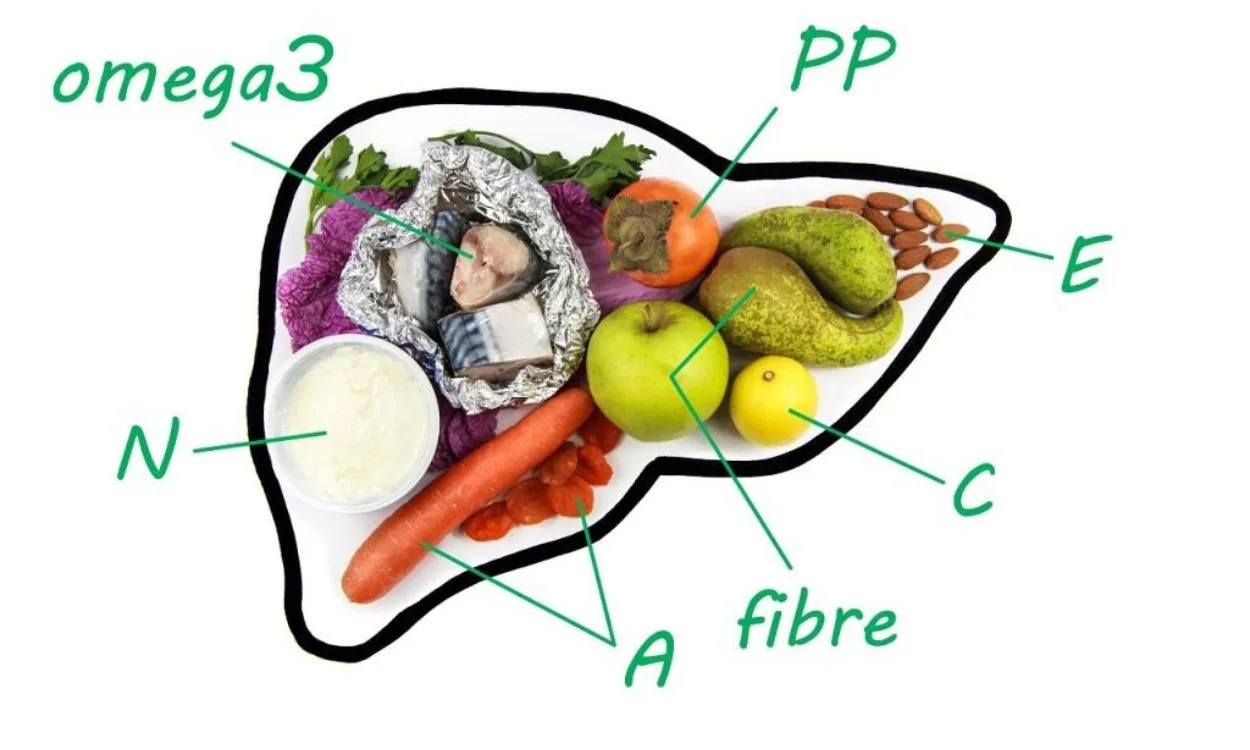How can I improve my fatty liver condition?
Understanding Fatty Liver
Fatty liver, also known as hepatic steatosis, is a condition characterized by the accumulation of fat in the liver cells. It is a common liver disorder that affects millions of people worldwide. Fatty liver can be categorized into two types:
- Non-alcoholic fatty liver disease (NAFLD): This condition occurs in people who consume little or no alcohol. It is often associated with obesity, high blood pressure, high cholesterol, and insulin resistance.
- Alcoholic fatty liver disease (AFLD): As the name suggests, this condition is caused by excessive alcohol consumption. The liver is responsible for metabolizing alcohol, and excessive alcohol intake can lead to fat accumulation in the liver.
Causes of Fatty Liver
Several factors contribute to the development of fatty liver:
- Obesity: Excess body weight, especially around the abdomen, increases the risk of fatty liver.
- Poor Diet: Consuming a diet high in saturated fats, sugars, and processed foods can contribute to the development of fatty liver.
- Insulin Resistance: Insulin resistance occurs when the body’s cells become resistant to the effects of insulin, leading to high blood sugar levels. This can promote fat accumulation in the liver.
- Type 2 Diabetes: People with diabetes are more likely to develop fatty liver.
- High Cholesterol and Triglyceride Levels: Elevated levels of cholesterol and triglycerides in the blood can increase the risk of fatty liver.
- Excessive Alcohol Consumption: Alcohol is metabolized by the liver, and excessive intake can lead to fat accumulation.
Symptoms of Fatty Liver
In the early stages, fatty liver may not cause noticeable symptoms. However, as the condition progresses, the following symptoms may occur:
- Fatigue and weakness
- Abdominal discomfort or pain
- Enlarged liver
- Elevated liver enzymes
- Jaundice (yellowing of the skin and eyes)
- Fluid retention
- Mental confusion or difficulty concentrating
Diagnosing Fatty Liver
Fatty liver is usually diagnosed through a combination of medical history, physical examination, and diagnostic tests. These may include:
- Blood Tests: Blood tests can assess liver function, cholesterol levels, and blood sugar levels.
- Imaging Tests: Ultrasound, CT scan, or MRI can show the presence of fat in the liver and determine the severity of the condition.
- Liver Biopsy: In some cases, a small sample of liver tissue may be taken for analysis to confirm the diagnosis and assess the degree of liver damage.
Lifestyle Changes to Improve Fatty Liver
Making certain lifestyle changes can significantly improve fatty liver condition. Here are some strategies:
- Healthy Diet: Follow a balanced diet that includes a variety of fruits, vegetables, whole grains, lean proteins, and healthy fats. Avoid saturated fats, processed foods, sugary beverages, and alcohol.
- Weight Loss: If overweight or obese, losing weight can reduce fat accumulation in the liver and improve liver function. Aim to lose weight gradually through a combination of a healthy diet and regular exercise.
- Regular Physical Activity: Engage in regular physical activity such as walking, jogging, swimming, or cycling. Exercise helps burn excess fat, improve insulin sensitivity, and promote overall liver health.
- Limit Alcohol Consumption: If you have alcoholic fatty liver disease, it is crucial to stop or limit alcohol consumption. Seek professional help if you need assistance in reducing or quitting alcohol.
- Manage Medical Conditions: If you have conditions like diabetes, high cholesterol, or high blood pressure, work with your healthcare provider to effectively manage these conditions. Proper management can reduce the risk of fatty liver progression.
- Avoid Medications and Supplements Harmful to the Liver: Some medications and supplements can be toxic to the liver. Consult with your healthcare provider before taking any new medications or supplements.
Fitpaa’s Contribution to Fatty Liver Management
Fitpaa is an AI-driven metabolism monitoring and management technology that can assist individuals in achieving their health and fitness goals. While not directly addressing fatty liver in the first half of this article, Fitpaa can provide additional support to individuals looking to improve their fatty liver condition.
Fitpaa offers personalized fitness plans, nutrition guidance, and real-time guidance to help individuals optimize their metabolism and achieve their goals. By following the Fitpaa Capsule, individuals can benefit from a combination of medical therapy, exercise therapy, nutrition therapy, and cognitive behavioral therapy. This comprehensive approach can supplement lifestyle changes and improve overall health and well-being.
To experience the transformative power of Fitpaa and receive personalized guidance tailored to your fatty liver condition, you can download the Fitpaa app. Fitpaa’s team of fitness planners, nutritionists, fitness trainers, and doctors will help you stay motivated and track your progress towards your health and fitness goals.
Remember, with commitment and the right support, you can improve your fatty liver condition and achieve optimal liver health.
Download the Fitpaa app now and begin your journey towards a healthier you!









